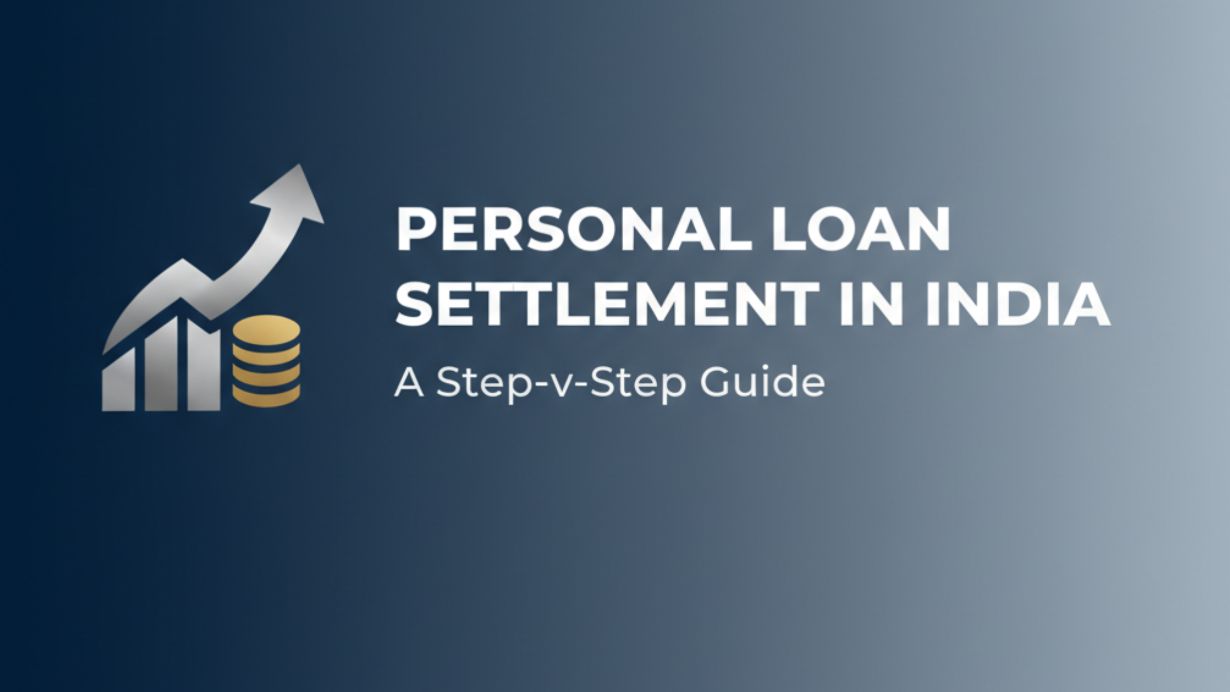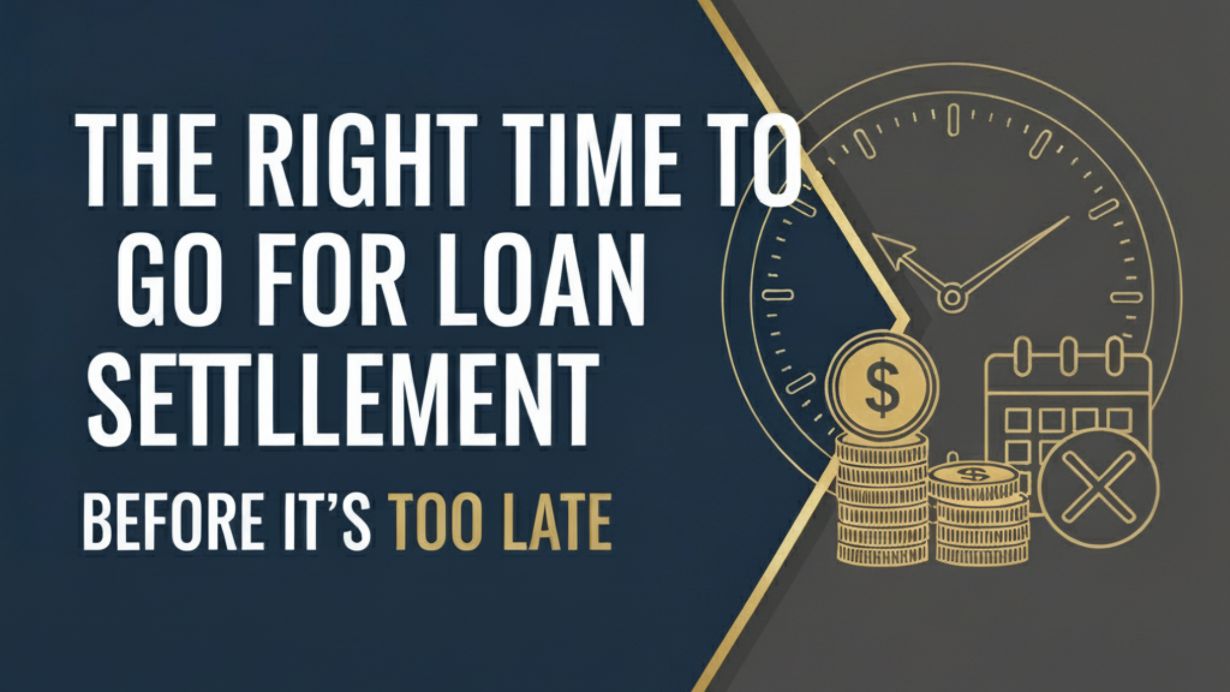· EMI Defaults · 3 min read
How to Handle EMI Defaults: Avoid Legal Trouble & Penalties
Learn how to manage EMI defaults legally and avoid legal consequences. Expert tips on loan restructuring, communication with lenders, and debt resolution.
.CUis6pCI.jpg)
Missing EMI payments can feel overwhelming, but taking the right steps early can help you avoid serious legal consequences and protect your financial future. Here’s a comprehensive guide on managing EMI defaults responsibly.
Understanding EMI Defaults
An EMI (Equated Monthly Installment) default occurs when you miss scheduled loan payments. Whether it’s a personal loan, credit card, business loan, or vehicle loan, defaults can trigger a cascade of financial and legal issues if not addressed promptly.
Immediate Steps After Missing an EMI
1. Contact Your Lender Immediately
Don’t wait for your lender to contact you. Reach out as soon as you realize you’ll miss a payment. Most lenders appreciate proactive communication and may offer temporary solutions.
2. Explain Your Situation Honestly
Be transparent about your financial difficulties. Whether it’s job loss, medical emergency, or business setback, lenders are more likely to work with borrowers who communicate openly.
3. Request a Payment Plan
Ask for a restructured payment schedule that fits your current financial capacity. Many lenders offer:
Extended payment terms
Reduced EMI amounts
Temporary payment holidays
Interest rate modifications
Legal Protection Strategies
Know Your Rights
Under Indian banking regulations, lenders must follow specific procedures before taking legal action. You typically have a grace period and multiple notices before any serious legal consequences.
Document Everything
Keep records of all communications with your lender, including:
Phone call logs
Email exchanges
Written agreements
Payment receipts
Avoid Ignoring Legal Notices
If you receive legal notices, don’t ignore them. Seek professional advice immediately to understand your options and respond appropriately.
Professional Settlement Options
When traditional payment plans aren’t feasible, professional loan settlement services can help negotiate with lenders on your behalf. These services specialize in:
Personal Loan Settlement: Negotiating reduced payoff amounts for personal loans
Credit Card Debt Settlement: Resolving high-interest credit card debts
Business Loan Settlement: Helping businesses restructure commercial debt
Vehicle Loan Settlement: Preventing vehicle repossession through negotiated settlements
Educational Loan Settlement: Managing education loan defaults
Preventive Measures
Create an Emergency Fund
Build a financial cushion to handle unexpected expenses without missing EMI payments.
Regular Financial Review
Monitor your income and expenses monthly to identify potential payment issues early.
Consider Loan Insurance
Many lenders offer payment protection insurance that can cover EMIs during financial hardship.
Long-term Financial Recovery
Rebuild Your Credit Score
After resolving defaults, focus on rebuilding your credit through:
Timely payments on remaining obligations
Maintaining low credit utilization
Avoiding new debt unnecessarily
Financial Planning
Work with financial advisors to create sustainable budgets and investment strategies that prevent future defaults.
Conclusion
EMI defaults don’t have to lead to legal trouble if handled properly. The key is early communication, understanding your rights, and seeking professional help when needed. Remember, lenders generally prefer working out payment solutions rather than pursuing costly legal proceedings.
If you’re struggling with multiple loan defaults, consider consulting with professional loan settlement services to explore your options and protect your financial future.



